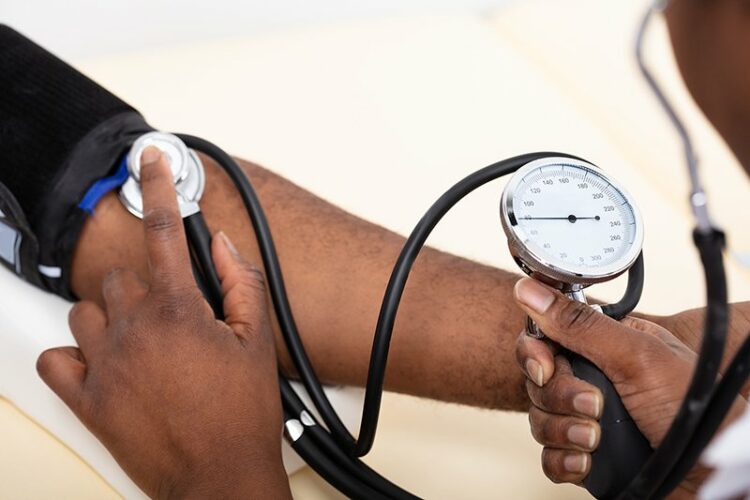Dr. Francis Fagbule, a public health consultant at the University College Hospital (UCH) in Ibadan, Oyo State, has identified sugar-sweetened beverages (SSBs), commonly known as soft drinks, as major contributors to the rising risk of high blood pressure (HBP) among children and adolescents in Nigeria.
Speaking on Monday in Port Harcourt, Rivers State, during a journalism training session on ‘Effective SSBs Tax and Industry Monitoring,’ organized by Corporate Accountability and Public Participation Africa (CAPPA), Fagbule highlighted the significant increase in high blood pressure cases in Nigeria over the last two decades. He noted a 5% increase in urban areas and a 2% rise in rural areas.
In her welcome address, Rivers State Commissioner for Health, Dr. Adaeze Oreh, emphasized the growing public health concern of non-communicable diseases (NCDs), including diabetes and cardiovascular diseases, both globally and in Nigeria. Represented by Dr. Ifeoma Nwadiuto, Director of Public Health and Disease Control in the Rivers State Ministry of Health, Oreh revealed that NCDs account for 30% of annual deaths in the country.
Oreh stated, “Non-communicable diseases including diabetes and cardiovascular diseases have become a public health concern globally and across the nation. A staggering 41 million people are lost to NCDs annually, with NCD deaths in Nigeria accounting for 30% of annual deaths.”
She stressed the importance of addressing the root causes of these preventable illnesses, noting that NCDs often result from long-term effects of unhealthy lifestyles and diets. “Sugar-sweetened beverages or carbonated drinks contain excessive amounts of sugar. This sugar is absorbed by the bloodstream, causing a spike in blood sugar levels, which is a risk factor for numerous health problems including obesity and other NCDs,” Oreh explained.
In her keynote speech, Dr. Vetty Agala, acting executive secretary of the Rivers State Contributory Health Protection Program (RIVCHPP), stated that addressing the issue of sugar-sweetened beverages could significantly reduce the country’s annual death toll by 30%.





